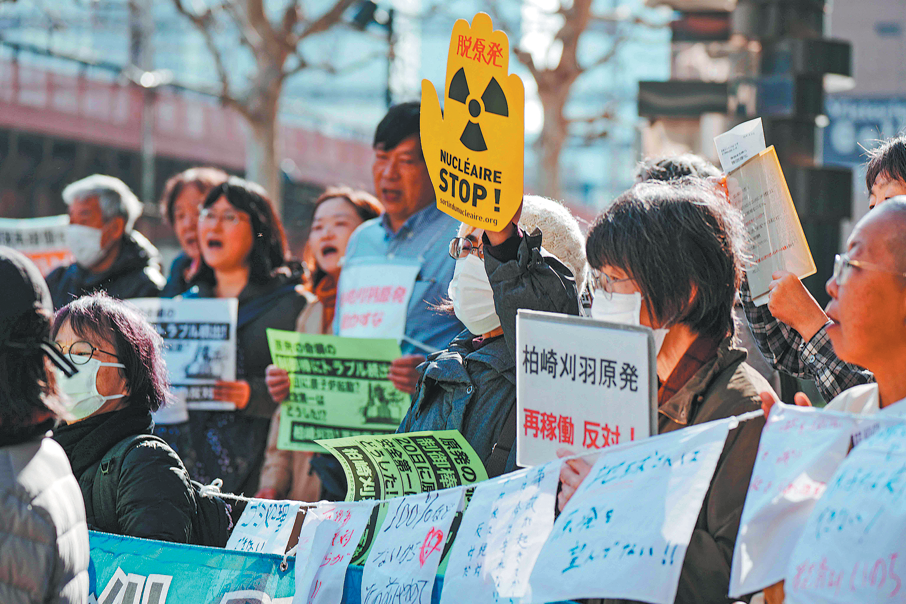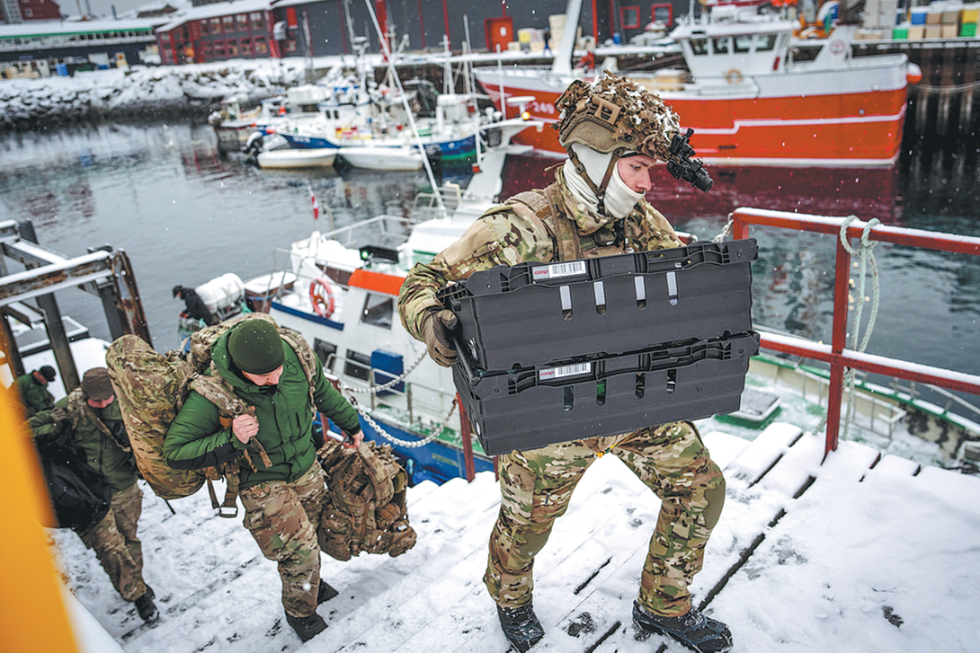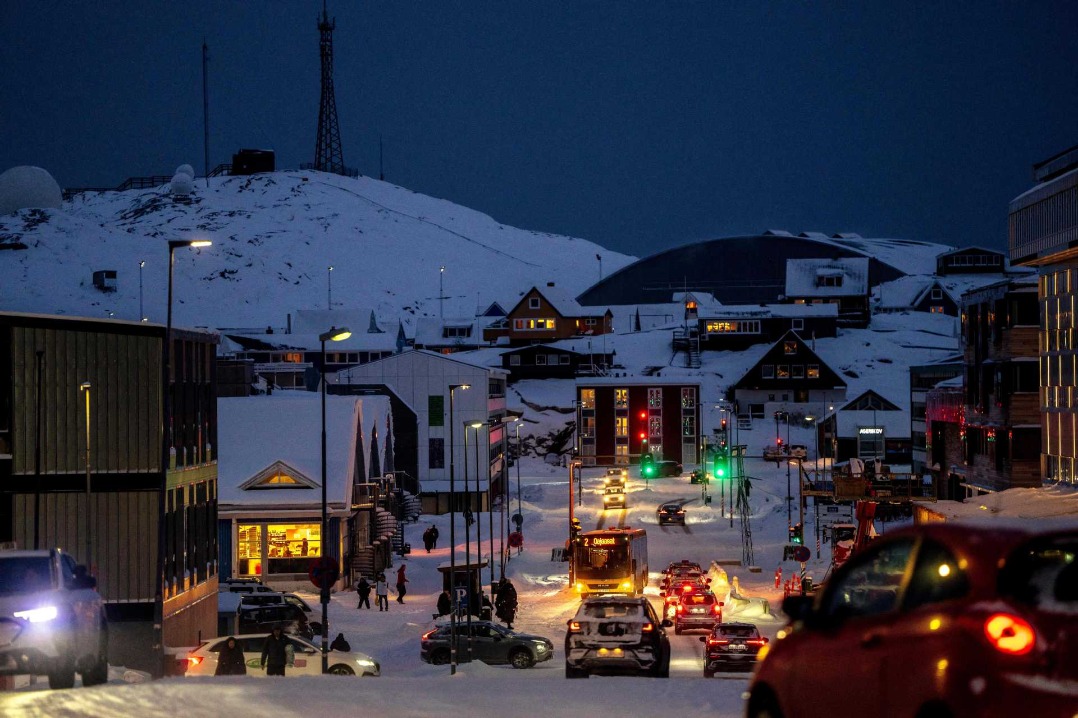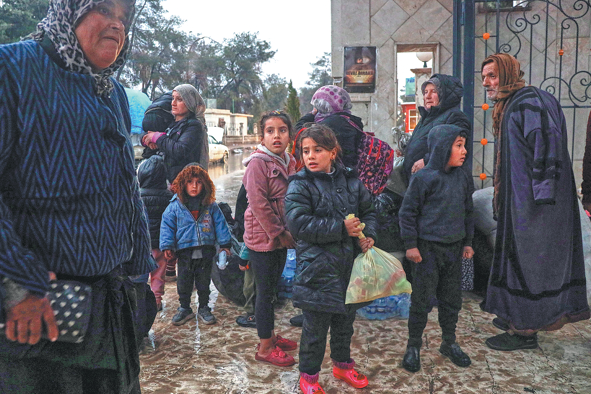Yoon blames poor management for botched extreme weather responses


SEOUL — South Korea's President Yoon Suk-yeol on Monday blamed authorities' failure to follow disaster response rules, as the death toll from days of heavy downpours rose to 40, including 13 people found dead in a submerged underpass.
Deluges have pummeled central and southern regions since Thursday as the rainy season that started late last month reaches its peak. The Ministry of the Interior and Safety has also reported nine people missing and 34 injured across the country.
In the central city of Cheongju, hundreds of rescue workers, including divers, continued to search for survivors in a muddy tunnel where about 15 vehicles, including a bus, got trapped in a flash flood that might have filled up the passageway within minutes on Saturday evening.
The government has deployed nearly 900 rescue workers to the tunnel, and they pulled up 13 bodies while rescuing nine people who were treated for injuries. It was not immediately clear how many people were in the submerged cars.
As of Monday afternoon, rescue workers had pumped out most of the water from the tunnel and were searching the site on foot, a day after they used rubber boats to move and transport bodies on stretchers.
The incident fueled questions over South Korea's efforts to prevent and respond to flood damage. Some drivers who use the road regularly blamed the government for failing to ban access to the underpass even though floods were widely forecast.
Ensuring public safety
Yoon, who just came back from a trip to Europe, convened a disaster response meeting on Monday and conceded the situation was made worse because of poor management of vulnerable areas.
"We've repeatedly emphasized access control over dangerous areas and preemptive evacuation since last year, but if basic principles of disaster response are not kept on the spot, it is difficult to ensure public safety," Yoon said.
The idea that extreme weather linked to climate change "is an anomaly and can't be helped needs to be completely overhauled", he said, calling for "extraordinary determination" to improve the country's preparedness and response.
Last year, the government vowed to take steps to better cope with climate change-induced disasters after the heaviest downpours in 115 years pounded Seoul, leaving at least 14 dead and flooding subways, roads and homes.
Following the meeting, Yoon traveled to Yecheon in North Gyeongsang Province, one of the hardest-hit villages, where more than a third of houses were damaged in landslides.
The majority of casualties, including 19 dead and eight missing, were from North Gyeongsang, and were largely due to massive landslides in the mountainous area that engulfed houses with people inside.
Across the country, nearly 200 homes and around 150 roads were damaged or destroyed, while 28,607 people were without electricity over the past several days, the interior ministry said in a report.
The country's meteorological administration forecast more heavy rain through Wednesday and urged the public to "refrain from going outside".
Agencies via Xinhua































